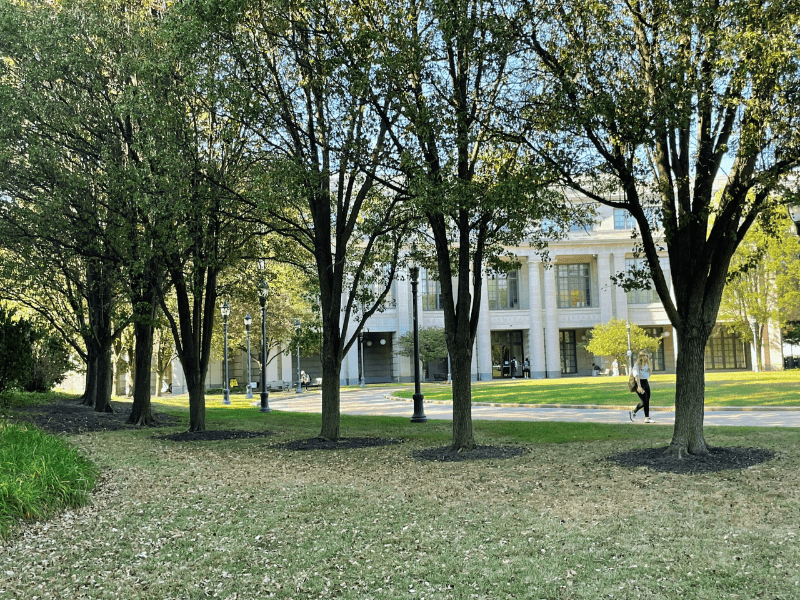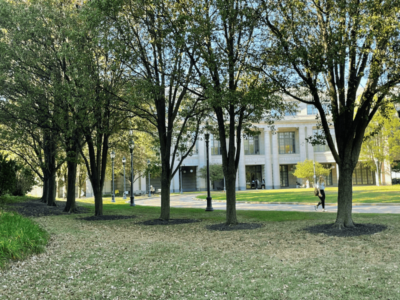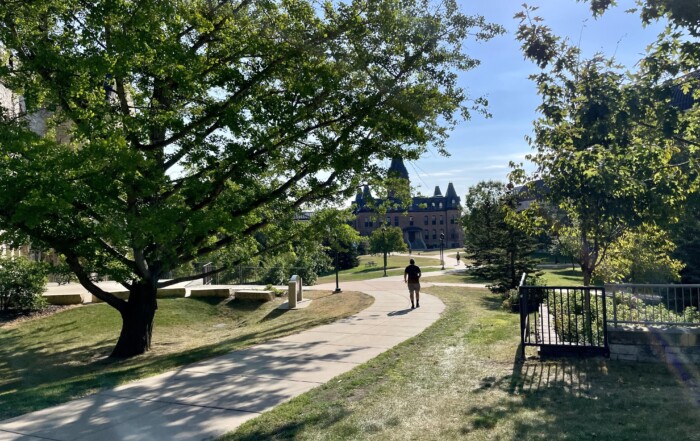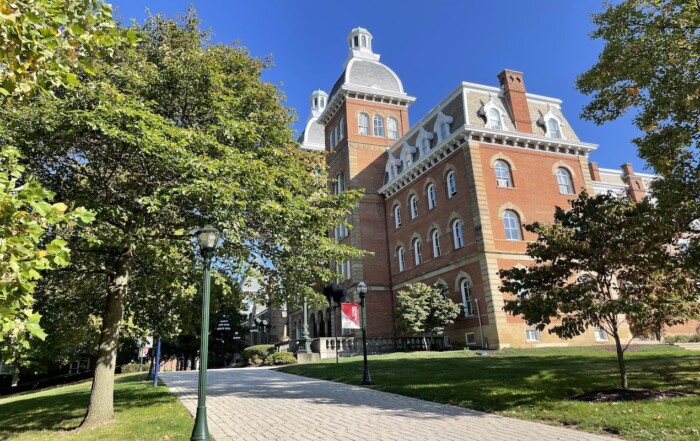College Admissions Tips and Guidance
College Spotlight: Case Western Reserve University

Explore Our Articles
Recent Posts
Popular Categories
Get In Touch
On Social
By Phone or Text
(617) 734-3700
By Mail or Email
1678 Beacon Street
Brookline, MA 02445
By Form
Educational Advocates
Our objective is to guide the family in finding options where the student will not only get admitted, but thrive and find success once on campus.
College Spotlight: Case Western Reserve University
Nestled in the vibrant University Circle neighborhood of Cleveland, Ohio, Case Western Reserve University (CWRU) stands out as a dynamic institution that prioritizes individuality and ingenuity. It is located near the city’s museums and symphony, and the airport is easily accessible via light rail. With a focus on embracing diversity, challenging conventional norms, and fostering a supportive community, CWRU has become a hub for academic excellence, innovation, and the arts.
Admissions Overview
The overall admission rate for class of 2027 was 20%, with 23% of the class being filled through early decision. According to the admissions office, an additional 20% to 25% of students were admitted through early action. With so many students admitted early, regular decision is more competitive. Last year students were admitted off the waitlist in the spring—candidates who would have been accepted had they applied early decision or early action. When it comes to submitting scores, CWRU evaluates SAT and ACT scores in the context of students’ high schools. They value the achievements of students who stand out in less-resourced high schools, recognizing that their scores may be below the CWRU average, but strong within their high school, and, in such cases, submitting scores would be a good idea. Demonstrating interest by visiting is important though interviews are no longer offered.

One of the seven floors of the Sears Thinkbox.
Academic Rigor and Opportunities
CWRU’s commitment to academic excellence is evident in its various programs. Applicants to Engineering, the polymer and other STEM programs should have a minimum of AP AB Calculus. Calculus is not expected for applicants to nursing, social sciences and humanities. Pre-calculus is acceptable for business applicants. Each year, 125 nurses are admitted, and they begin clinical work in their first year. CWRU likes to see nursing applicants have statistics over calculus, as well as biology and chemistry, and anatomy if possible.
There is a strong emphasis on research across disciplines. Students can be matched with research mentors in their major or approach professors who share their interests to explore opportunities. In addition to internships, some students participate in paid co-ops, typically completed in a semester adjacent to summer to provide enough time for an in-depth learning experience.
The Sears Thinkbox, a seven-story maker space established in 2012, epitomizes CWRU’s dedication to innovation. It is the largest maker space in the country and serves as a collaborative space for engineering ideas, product development as well as providing resources for entrepreneurship, legal advice, and business development. The Thinkbox is not just a resource for students but is open to the broader Cleveland community, promoting inclusivity and knowledge sharing.

CWRU is a leafy, green campus in the city. Here is a view of the Kelvin Smith Library.
Medicine, Arts, and Beyond
CWRU’s proximity to renowned medical institutions like the University Hospital and the Cleveland Clinic enhances opportunities for pre-med and pre-health students.
For those inclined towards the arts, CWRU boasts a new 1200-person performing arts center in a historical synagogue. This facility serves as a concert hall for various ensembles, orchestras, and theatrical performances, attracting both music majors and those interested in stagecraft, lighting, and business aspects of the arts. The music, theatre, and dance (modern/contemporary focused) majors are all non-audition. There are 18 ensembles and two orchestras; most participants are not music majors, and the auditions are more of a placement.
The arts scene at CWRU is not limited to traditional performances. With a focus on inclusivity, the university encourages students to explore unconventional courses like Jeffrey Ullum’s theatre history class, which delves into the societal conventions portrayed in historical contexts. His James Bond class looks at issues such as the treatment of women in the films over time, as well as how the villains change—from Russia to AI and technology. We had the pleasure of hearing Professor Ullum lecture and if I attended CWRU I would take his courses because he is such an engaging speaker. The theatre department supports an array of student-run groups, providing ample opportunities for students to explore their creative interests.

The CWRU campus is surrounded by parks and museums.
Personalized Education
CWRU is committed to ensuring that every student receives personalized attention. With a robust advisory system comprising both four-year faculty and major-specific advisors, students can navigate their academic journey with guidance and support. CWRU provides an environment where students can truly thrive, learn, and innovate. Whether it’s in the sciences, arts, or humanities, CWRU continues to shape the minds of tomorrow’s leaders.









